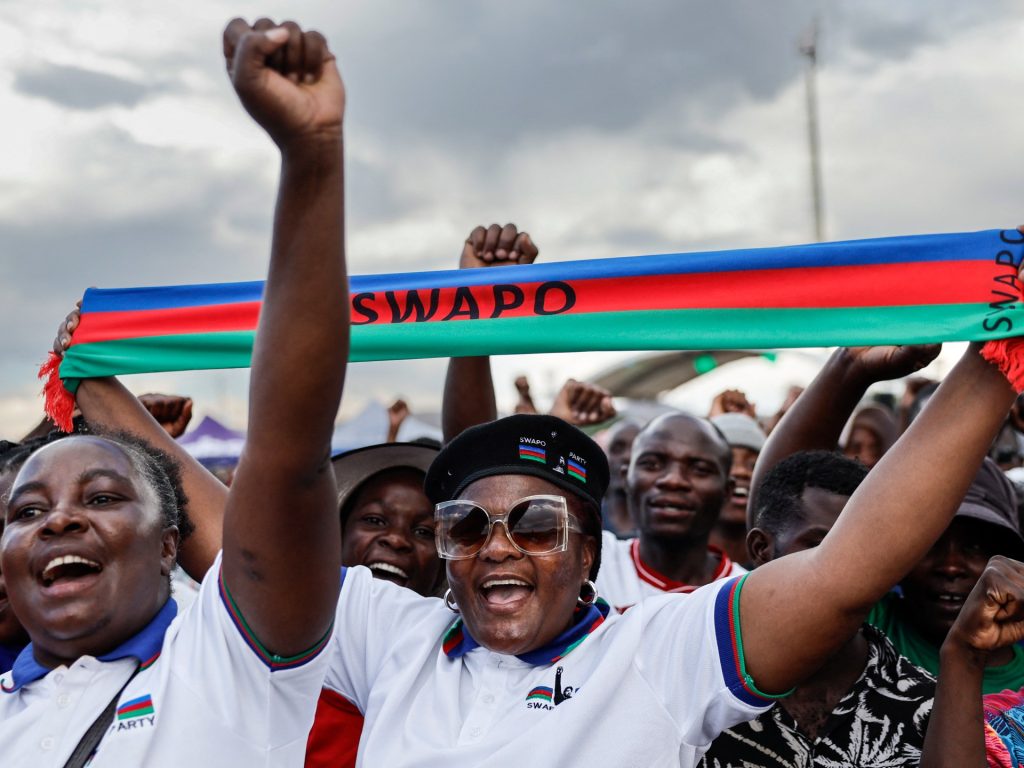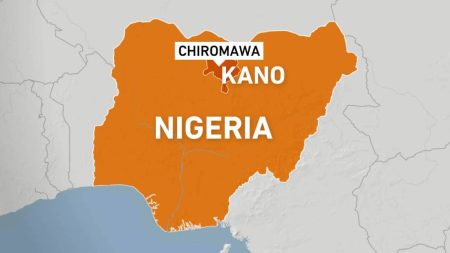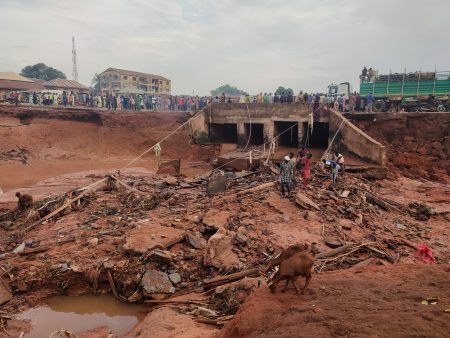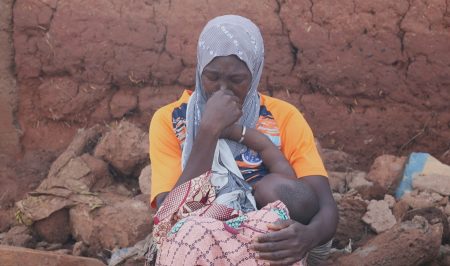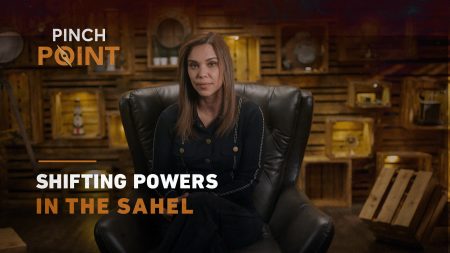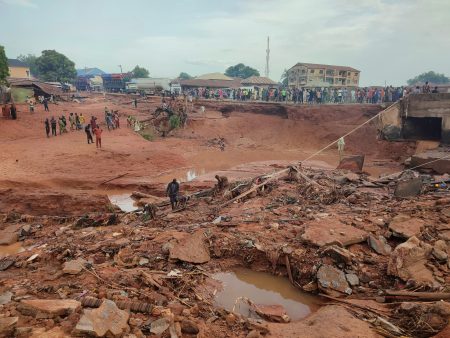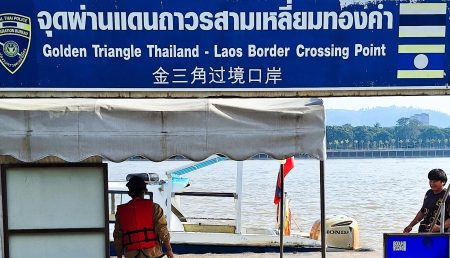As Namibians prepare to head to the polls for presidential and parliamentary elections this week, the atmosphere is charged with anticipation. This election, set for November 27, is marked by heightened competition, as traditional liberation parties across Southern Africa, such as those in Botswana and South Africa, have experienced significant political shake-ups. These changes suggest a shifting political landscape, and Namibia’s ruling SWAPO (South West Africa People’s Organisation) party, which has maintained significant control since the country’s independence in 1990, may now face unprecedented challenges from both new and established political players. Voter dissatisfaction, particularly among younger demographics, has the potential to alter the political status quo, raising speculation about SWAPO’s ability to maintain its hold on leadership following two consecutive elections where its support dwindled.
The voting electorate consists of approximately 1.45 million registered voters who will choose from 21 parties competing for 96 parliamentary seats, alongside 15 presidential candidates. Unlike previous elections, this time, candidates must secure more than 50 percent of the votes to win outright; if this threshold is not met, a second round of voting between the top two candidates will ensue—a scenario that has never occurred in Namibia. The dynamics of the election show that while SWAPO’s Netumbo Nandi-Ndaitwah, the first female candidate nominated by the party, is the favorite, she will face intense competition from notable figures like Panduleni Itula, who is appealing strongly to the youth, and other opposition leaders who challenge the status quo.
Among the key candidates is Vice President Netumbo Nandi-Ndaitwah, a seasoned politician who has been prominent in Namibia’s fight for independence. Nandi-Ndaitwah aims to leverage her experience and the party’s historical legacy to secure her position. However, an emerging narrative of dissatisfaction towards the SWAPO party complicates her bid, as evidenced by the reducing vote shares in recent elections. Young voters, who do not have a strong historical connection to the liberation struggle, are particularly disengaged, raising concerns about electoral appeal and emphasizing the importance of addressing contemporary issues such as inequality and corruption that plague the nation. Analysts suggest that her candidacy, while historic if successful, is tested by an environment where trust in long-standing incumbents has diminished.
Challenging Nandi-Ndaitwah in this election is Panduleni Itula, who presents himself as a reformist alternative. Transitioning from a SWAPO youth leader to an independent candidate in the previous elections, Itula’s popularity surged, capturing 29 percent of the vote. His platform focuses on combatting corruption and fostering economic opportunities for the youth, key demographics in the current election landscape. Itula aims to attract young voters disillusioned with SWAPO, and his commitment to reducing corporate taxes to entice foreign investment resonates with a population grappling with high unemployment rates among youth. Political analysts suggest that Itula could significantly disrupt habitual voting patterns if turnout trends align with his vision, reshaping the future of Namibian politics.
On the opposition front, other candidates such as McHenry Venaani from the Popular Democratic Movement and Bernadus Swartbooi leading the Landless People’s Movement, also play crucial roles. Venaani, despite his party’s limited representation in parliament, attempts to position himself as a viable alternative through advocacy for key socioeconomic issues. On the other hand, Swartbooi’s campaign promise of land redistribution resonates with voters whose historical grievances related to colonial dispossession remain prominent. Additionally, Job Amupanda’s Affirmative Repositioning movement advocates radical approaches to land reform, positioning themselves firmly on the side of those advocating for significant structural changes to property and housing issues inherited from a legacy of inequality and colonialism.
The key issues underscoring the elections highlight Namibia’s ongoing struggles with poverty, unemployment, and corruption. Despite being rich in natural resources like uranium and diamonds, Namibia endures stark economic disparity, exacerbated by drought conditions and unemployment rates particularly among youth reaching an alarming 43 percent. Corruption, particularly scandals tied to past administrations, continues to plague public trust in leadership. Housing shortages exacerbate societal stresses, with urgent needs for affordable housing and effective redistribution of land to rectify historic injustices. Emerging movements and parties leverage these issues to gain ground against SWAPO, signaling a potential shift in political priorities that might better address the needs of a populace increasingly frustrated with the status quo.
As election day approaches and as votes are cast, anticipation runs high regarding the results and implications of this election. Voter turnout is expected to be significant, with an emphasis on the role of young voters who constitute a large segment of the electorate. While peaceful elections have historically been a hallmark of Namibia’s democratic processes, experts caution that delayed results or perceptions of electoral impropriety might incite tensions, reminiscent of similar situations in neighboring Mozambique. The anticipated electoral outcomes could usher in a new political era for Namibia, underscoring the importance of this event not just for the country, but for broader regional dynamics within Southern Africa where the political landscape is in flux.




